Palm Desert, CA
(760) 413-0186
Energy-Efficient Options
Save Money and Energy with the Right Water Heater
Water heaters account for a significant portion of your home’s energy use, so choosing an energy-efficient model can have a big impact on your utility bills. Modern water heaters are designed with efficiency in mind, offering features that reduce energy waste while maintaining reliable performance. Tankless water heaters, for example, only heat water as needed, eliminating standby energy losses associated with traditional storage tanks. Another option is heat pump water heaters, which use electricity to move heat from the air or ground to heat your water. These systems can be up to three times more energy-efficient than conventional electric models. Solar water heaters are also gaining popularity, especially in sunny regions, as they use renewable energy from the sun to heat your water. While energy-efficient models often have a higher upfront cost, they pay off in the long run through lower energy bills and possible rebates or tax incentives. Upgrading to an energy-efficient water heater is an investment in your home’s future that also helps reduce your carbon footprint.
See Why YOur Neighbors Love CV Water Heater Pros
STILL NOT SURE?
Your Questions, Answered Explore Our FAQs
Your Questions, Answered
How do I know if my water heater needs repair or replacement?
If your water heater is producing inconsistent temperatures, making unusual noises, or showing signs of leaks, it might need repair. In the desert, sand can accumulate in the burner assembly, affecting performance. Regular maintenance can help, but if issues persist or the unit is over 10 years old, consider a replacement for better efficiency and reliability.
What issues can a camera inspection identify in my plumbing system?
A camera inspection can identify blockages, leaks, and pipe damage within your plumbing system. It helps locate root intrusions, corrosion, and misalignments, providing a clear view of hidden issues without invasive digging. This allows for accurate diagnosis and targeted repairs, saving time and minimizing disruption.
How often should I schedule sewer jetting for my home?
For most homes, scheduling sewer jetting every 18 to 24 months is recommended to keep your pipes clear and prevent clogs. However, if you experience frequent blockages or have older plumbing, more frequent jetting might be beneficial. Regular maintenance helps ensure your system runs smoothly and reduces the risk of unexpected issues.
What is a smoke test, and how does it help detect plumbing issues?
A smoke test involves introducing non-toxic smoke into your plumbing system to identify leaks and faulty connections. The smoke escapes through any cracks or openings, making it easy to pinpoint problem areas. This method is efficient for detecting hidden leaks that might otherwise go unnoticed, helping to ensure your plumbing system is secure and functioning properly.
What are the signs that my home might need re-piping?
Signs that your home might need re-piping include frequent leaks, low water pressure, and discolored water. If your pipes are old, made of outdated materials like galvanized steel, or show visible corrosion, it may be time to consider re-piping. Addressing these issues can improve water quality and prevent more serious plumbing problems in the future.
What are the benefits of installing a whole home water filtration system?
Installing a whole home water filtration system provides cleaner, safer water throughout your entire house. It removes contaminants like chlorine, sediment, and heavy metals, improving the taste and odor of your water. This system also helps protect your plumbing and appliances from mineral buildup, extending their lifespan and enhancing overall water quality for drinking, cooking, and bathing.
